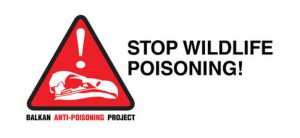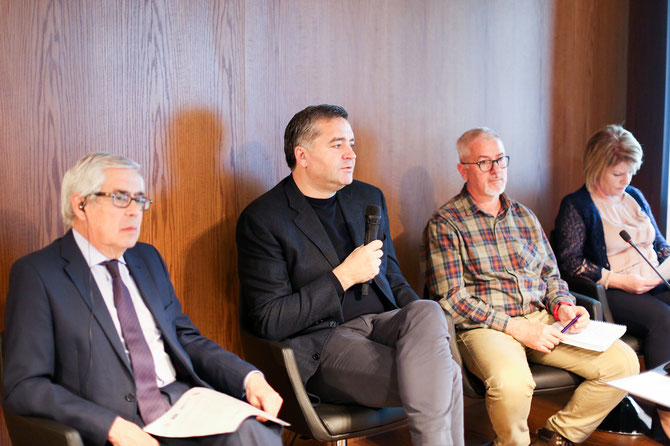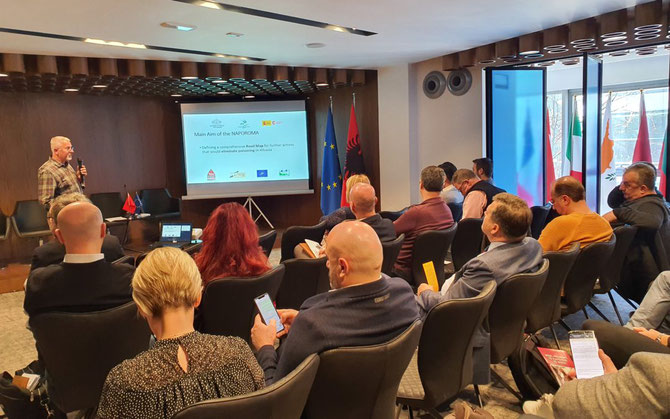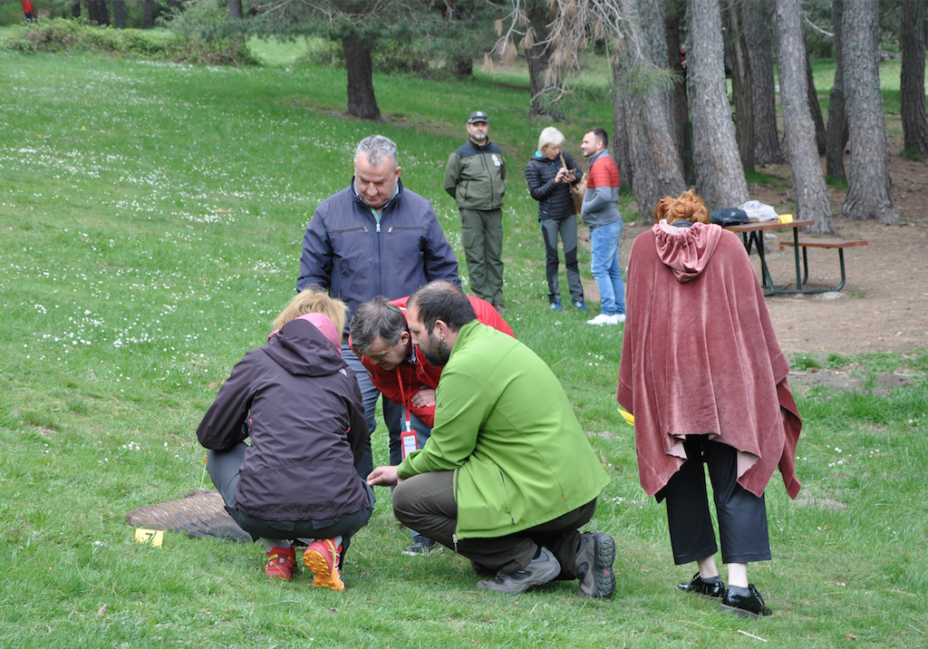
| Initiative period | 2018-2020 |
|---|---|
| Initiative area | Albania, Bosnia and Herzegovina, Croatia, Greece, North Macedonia and Serbia |
| Target species | Cinereous Vulture, Egyptian Vulture Griffon Vulture |
The Balkan Anti-Poisoning Project (BAPP) is a cross-border initiative bringing together wildlife conservation organisations, governmental agencies, universities and scientific institutes, hunting associations, farmers, and many other relevant stakeholders across six Balkan countries.
Over the course of the last 50 years this practice has led to severe population declines of all vulture species in the Balkan Peninsula, and has brought the Bearded and Cinereous Vultures to the brink of regional extinction. The number of Egyptian Vultures has declined by more than 50 % in the last ten years and continues to decline. Even though recovering in several countries after decades of conservation work, the remaining populations of the Griffon Vulture still remain isolated and vulnerable in most countries of the region. The main cause for this downward population trend is the illegal practice of wildlife poisoning.
Despite millions of euros of investment in vulture conservation, the illegal use of poison continues to be the single most important threat to vulture populations in the Balkan Peninsula and biggest obstacle preventing the Europe’s four vulture species from making a comeback in the region.
The Balkan Anti-poisoning Project represents an integral part of the Mediterranean Anti-Poisoning Project (MAPP) spearheaded by VCF and funded by the MAVA Foundation. It was launched in early 2018. with an aim to secure real and continued engagement of the relevant national governmental authorities in the Balkan region against illegal wildlife poisoning and reinforce their capacity to counteract this illegal practice. The project is directly contributing to the implementation of the Vulture Multi-species Action Plan, a crucial strategic document for conservation of Old-World vultures, by implementing anti-poisoning actions in Albania, Bosnia&Herzegovina, Croatia, Greece, North Macedonia and Serbia.
Through a series of workshops, meetings, training courses and conduction of a Small Grants Programme, aimed at funding priority actions against illegal wildlife poisoning and vulture conservation initiatives in the Balkans, the Balkan Anti-Poisoning Project is supporting the development of governmental authorities’ and wildlife organizations’ understanding, skills and capacities to tackle illegal wildlife poisoning and take positive steps towards combating this priority conservation issue for vultures and other wildlife.
INSTITUTIONAL COOPERATION
Established unofficial National working groups comprised of motivated and engaged representatives of relevant national governmental authorities, conservation NGOs, working together on defining the gaps and ways of improvement of existing legislative and operational procedures relevant for wildlife poisoning.

STRATEGIC PLANNING
Worked together with all relevant national stakeholders in producing a strategic framework for implementing actions against wildlife poisoning (National anti-poisoning road maps) in Albania, Bosnia & Herzegovina, Croatia, Greece, North Macedonia and Serbia.

CAPACITY BUILDING AND NETWORKING
Delivered basic training and best practice examples of ways of combating wildlife poisoning from Spain, aimed at reinforcing the capacities of relevant stakeholders in three main aspects of managing poisoning incidents: investigation, forensic necropsy and toxicology.

The Balkan Anti-Poisoning Project is a partnership between us here at the Vulture Conservation Foundation (VCF) and the Albanian Ornithological Society-AOS, Protection and Preservation of Natural Environment in Albania-PPNEA, Ornithological Society “Naše ptice”, Association BIOM/Birdlife Croatia, Hellenic Ornithological Society-HOS/Birdlife Greece, Macedonian Ecological Society-MES/Birdlife North Macedonia and Bird Protection and Study Society of Serbia-BPSSS/Birdlife Serbia
